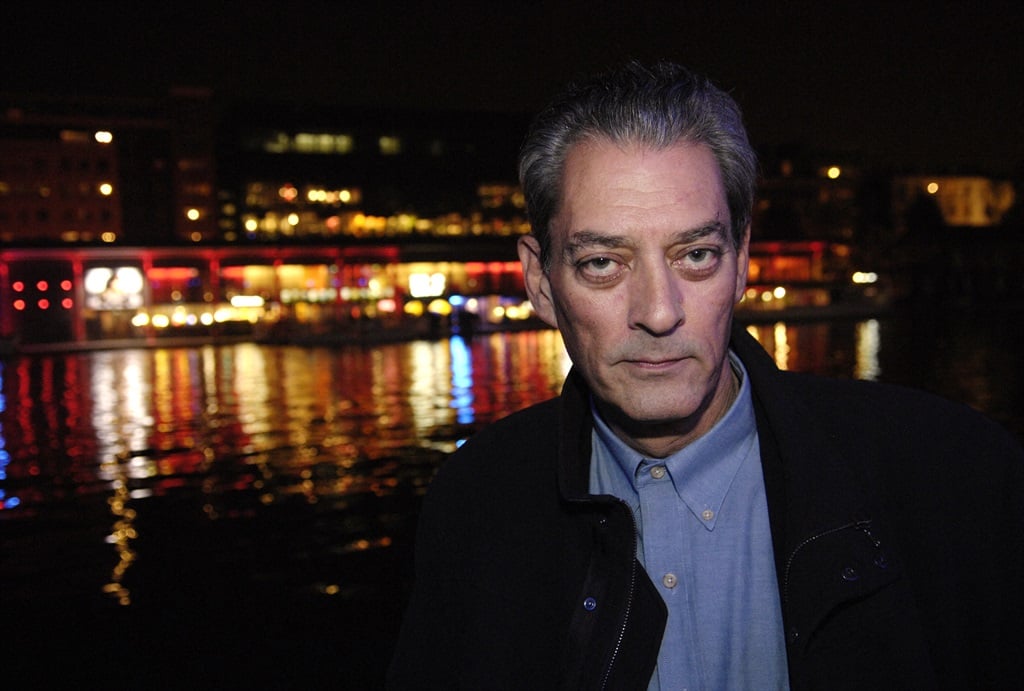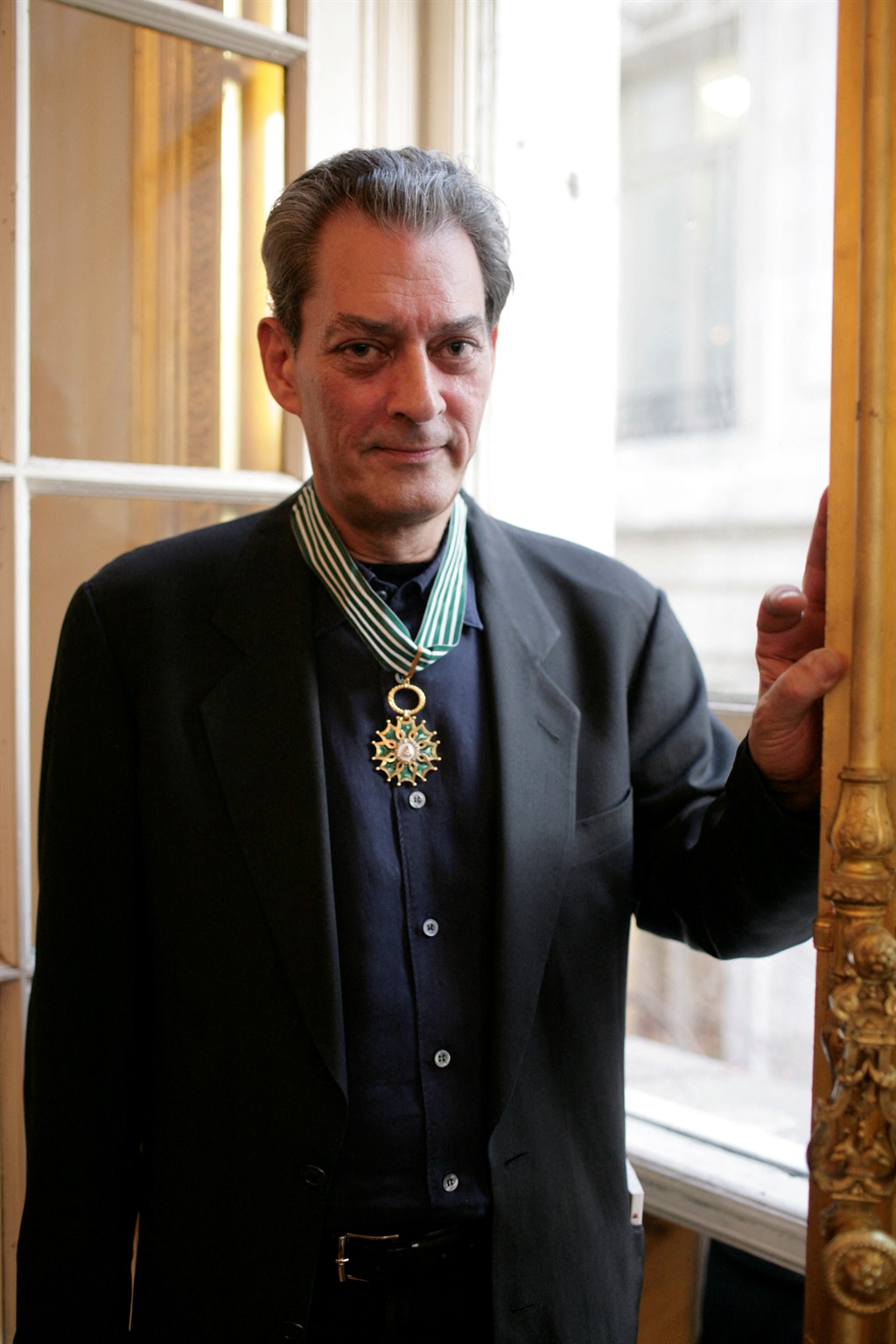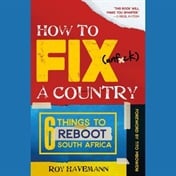
- Paul Auster, celebrated American author known for his existentialist novels and the "New York Trilogy", has died at 77 due to complications from lung cancer.
- Auster's life was marked by both literary acclaim, with his works translated into over 40 languages, and personal tragedy, including the deaths of his granddaughter and son to overdoses.
- His final work, "Bloodbath Nation", explored America's gun violence crisis, showcasing Auster's continued engagement with pressing social issues until his death.
American author Paul Auster, who made his name with noirish, existentialist novels about lonely writers, outsiders and down-and-outers, which were huge hits in Europe particularly, has died aged 77.
He died on Tuesday evening at his home in Brooklyn surrounded by family, including his wife Siri Hustvedt and daughter Sophie Auster, his friend and fellow author Jacki Lyden said in a statement sent to AFP.
The author, with soulful, sunken eyes, gained cult status in the 1980s and 1990s with his New York Trilogy of metaphysical mysteries and his hip film Smoke, about the lost souls who patronise a Brooklyn tobacco shop.
In March 2023, his wife, fellow author Hustvedt, announced he had been diagnosed with cancer. American media said he died of complications from lung cancer.
Auster's work straddles the divide between the middlebrow and the highbrow.
His more than 30 books are as likely to be found in airports as on university reading lists and have been translated into more than 40 languages.
In later years, his life was marred by tragedy, with his 10-month-old granddaughter dying after ingesting heroin and his son Daniel, the child's father, dying of an overdose 10 months later.
Father-son stories
Auster grew up in Newark, New Jersey, the son of Jewish Polish immigrants.
He moved to New York to attend Columbia University and after graduating spent four years in France, where he lived from translations while honing his craft as a writer.
He went through particularly dark times in the 1970s when he married, then four years later divorced, US short story writer Lydia Davis, with whom he had Daniel.
He told The New York Times in 1992:
The turning point came with the sudden death of his father, which spurred Auster to write The Invention of Solitude, a haunting reflection on father-son relationships, a recurring theme in Auster's work.
Published in 1982, it was a critical success and set Auster free with his writing.
The same year, he married Hustvedt, forming one of New York's starriest intellectual couples.
New York Trilogy
His big breakthrough came with The New York Trilogy, a philosophical twist on the detective genre featuring a shady quartet of private investigators named Blue, Brown, Black and White.
That period also brought a downbeat dog tasked with getting his dead owner's unpublished manuscript out of a bus station's luggage locker in Timbuktu (1999) and a series of existential capers: Moon Palace (1989), The Music of Chance (1990) and Leviathan (1992).
His gift for sharp dialogue - Auster mercilessly edited himself for sentence rhythm - was key to the success of Smoke, which he wrote and co-directed, about a Brooklyn smoke shop owner played by Harvey Keitel.
He also co-directed the follow-up, Blue in the Face, that featured Keitel again, alongside Jim Jarmusch, Michael J. Fox, Madonna and Lou Reed.
'American pride'
In 2017, he broke with his concise style to deliver an 866-page tome, "4 3 2 1", charting American society through the life of an everyman, Archie Ferguson.
Auster presented it as his masterwork.
But while America's National Public Radio found it "dazzling", others were less positive. The Irish Times deemed it "the last fat novel of a collapsed American pride".
Public and private tragedies
Bloodbath Nation - the book he brought out in January 2023 with his photographer son-in-law Spencer Ostrander about gun violence in America - took him into new terrain.
Auster penned the text to accompany Ostrander's haunting black-and-white pictures from the sites of 30 mass shootings.
Guns are "the central metaphor for everything that continues to divide us", he wrote.
In the book, he revealed how his own grandmother had shot dead his grandfather in Wisconsin in 1919 but had avoided jail and raised her five children after arguing temporary insanity.
A century on, Auster faced his own private anguish.
In 2021, his son Daniel was found guilty of negligent homicide in the death of his 10-month-old daughter Ruby from an overdose.
The following year, Daniel died of an overdose at the age of 44.
Auster never publicly discussed their deaths.
He and Hustvedt also had a daughter, singer Sophie Auster.




 Publications
Publications
 Partners
Partners













